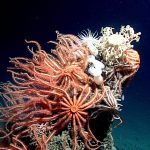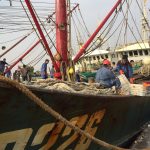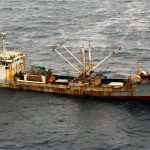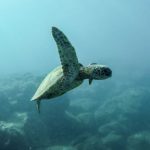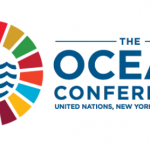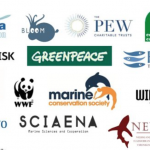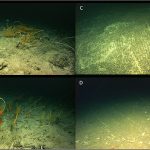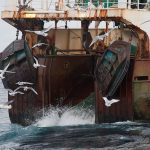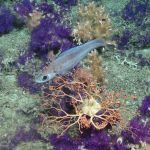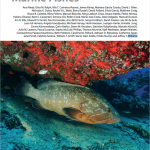Source: Chinadialogue Ocean
Author: Li Jing
The ocean is home to millions of species, many of which are still unknown to humans. It supplies us with oxygen and each year absorbs nearly 25% of the greenhouse gases we produce by burning fossil fuels. However, vast areas of the high seas, which cover nearly half of the Earth’s surface, remain unregulated.
Continue reading High seas treaty: race for rights to ocean’s genetic resources

